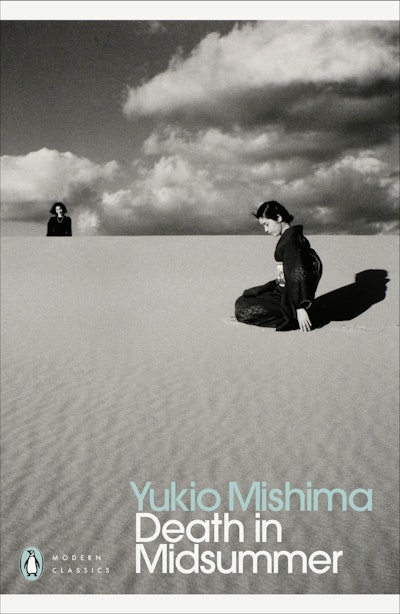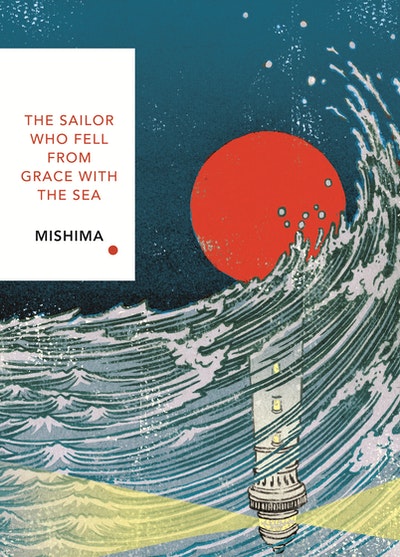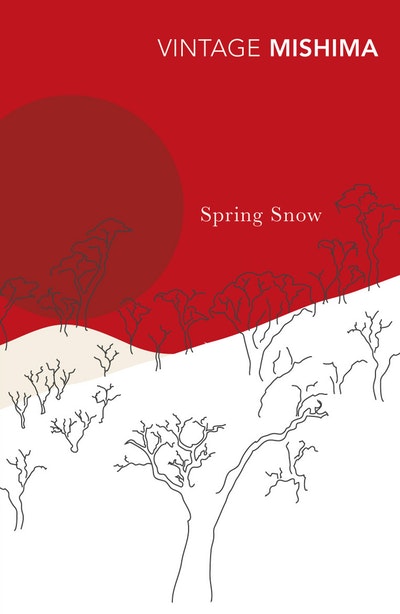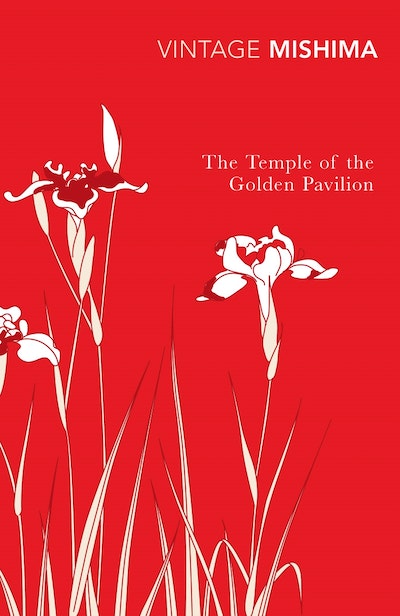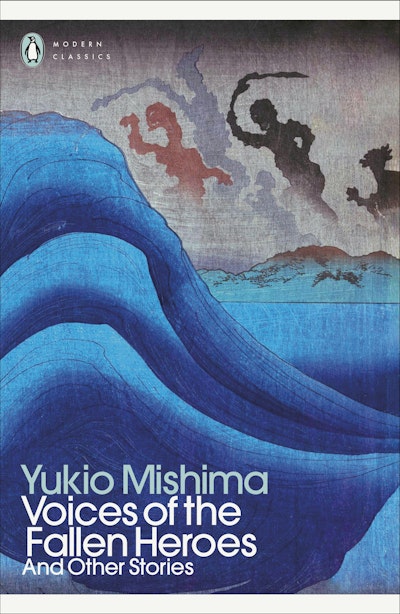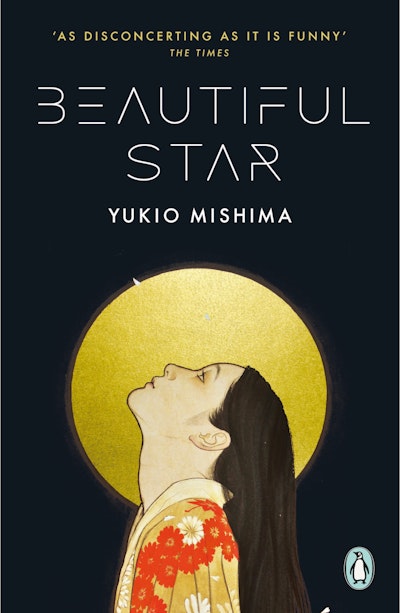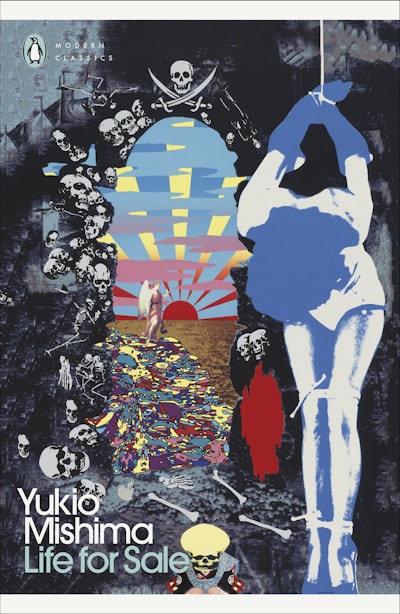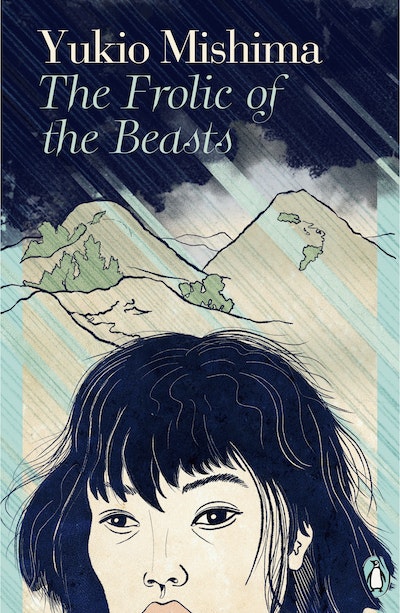Bringing together Yukio Mishima's finest stories, this selection shows his extraordinary ability to depict a wide variety of human beings in moments of significance. A moonlit journey to fulfil a wish; a mother lost in mourning; a night of infidelity; and a young lieutenant who ends his life. Filled with rich description and luxurious beauty, these hauntingly beautiful short stories from one of Japan's greatest writers show the pull between duty and desire, ecstasy and death.
In the title story, 'Death in Midsummer', which is set at a beach resort, a triple tragedy becomes a cloud of doom that requires exorcising. In another, 'Patriotism', a young army officer and his wife choose a way of vindicating their belief in ancient values that is as violent as it is traditional; it prefigured his own death by seppuku in November 1970. There is a story in which the sad truth of the relationship between a businessman and his former mistress is revealed through a suggestion of the unknown, and another in which a working-class couple, touching in their simple love for each other, pursue financial security by rather shocking means.
